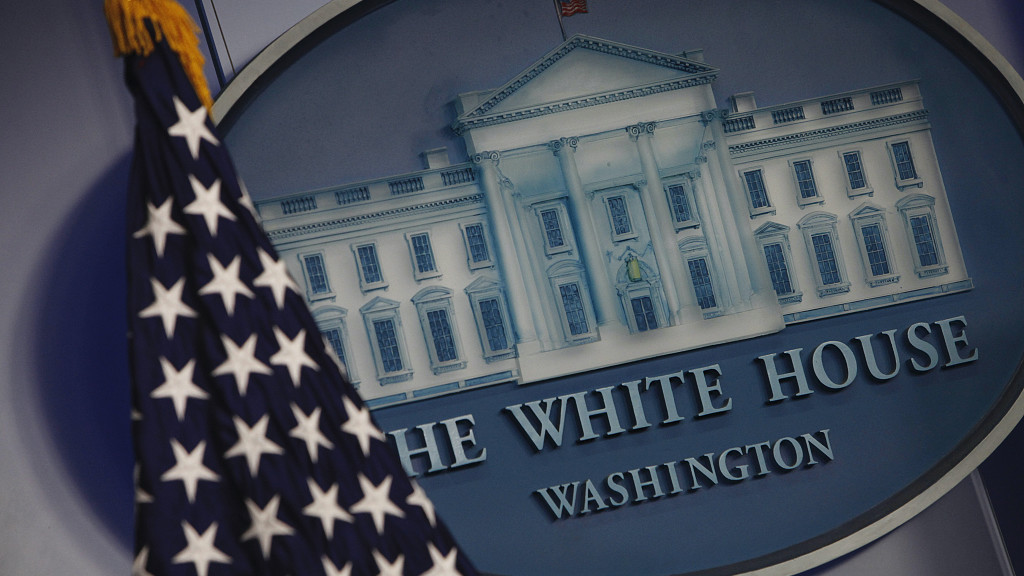Harvey Dzodin: Trump, Biden and China
August 17 , 2020
By Harvey Dzodin,a senior research fellow at the Center for China and Globalization(CCG).
Assuming that President Donald Trump and his Republican acolytes don’t find a way to cancel or postpone it, in what would be a first in American history, the United States presidential election is scheduled a mere 78 days away on November 3. For a variety of reasons this election promises to be the most consequential in a century and to directly affect not only the U.S., but also China.
According to a Pew Research Center poll released on August 14, this year 83 percent of voters say that “it really matters” who wins the presidency versus 16 percent who say that “things will be pretty much the same regardless of who is elected.” This is more than at any point in the last 20 years.
Compared to 2000, surveyed voters reported that their interest in politics has risen since the last presidential election. Increased interest has resulted in increased engagement. This year, 78 percent of Democrats and 77 percent of Republicans reported that they have thought “quite a lot” about the election, compared to 44 percent and 52 percent respectively two decades earlier.
Historically, the most disenfranchised members of society, the poor and people of color, who skew heavily Democratic, are the most difficult to motivate to vote. This year despite COVID-19 or perhaps because of it, these same people appear, however, to be super-motivated. This is now even more so after Biden chose black Senator Kamala Harris to be his running mate last week.
Joe Biden and Kamala Harris sign required documents for receiving the Democratic nomination for president and vice president of the United States, Wilmington, Delaware, August 14, 2020. /AP
Dr. Michael McDonald, director of the U.S. Elections Project said, “I expect voter turnout to be exceptional, perhaps the highest in a century.” He cites the 1918 midterm congressional elections as evidence of this trend. Turnout two years ago was highest since 1914. Trump is running scared and with good reason.
Obviously the election will affect the U.S. first and foremost. But at this fraught time when Trump and his henchmen (they’re virtually all men) seem to be stumbling into something more cataclysmic than a trade war or Cold War 2.0, it has profound implications, not only for China, but our world as we know it.
Experts continue to speculate whether a Trump or Biden White House will make any difference to bilateral relations. Judging by the findings of a Pew poll released on July 30, while the erroneous White House attacks against China have inflicted great damage in the minds of the American public, there are substantial differences between Americans affiliated with one party versus the other.
Clearly a Biden presidency, if reflective of the Pew results, could more easily result in improved Sino-U.S. relations. Democrats or those who lean Democratic are more optimistic (or less pessimistic) than Republicans or those who lean Republican in every category Pew surveyed.
In a series of increasingly frequent hostile speeches during Trump’s tumultuous time in office, he has unleashed his advisers to deliver stronger and more belligerent speeches on China. Secretary of State Mike Pompeo’s “distrust and verify” diatribe at the Nixon Library last month represents the nadir of bilateral relations since the establishment of diplomatic ties in 1979.
As a Democrat myself, I fully expect that during the campaign China will be the most frequent target of both parties who will try to outdo each other in their venom and ferocity.
If Biden wins, the adults in Washington will return to the room and wolf-warriors on both sides will return to their dens. Biden’s people will be tough, but unlike Trump’s they will be disciplined and professional. Confidence-building measures in the national interest of both countries will present themselves. These include climate change and making COVID-19 a past nightmare, while at the same time leading the world together in preventing other coronaviruses that scientists tell us are sure to follow. And while it’s much more difficult now to attempt to work towards Chinese President Xi Jinping’s “new model of great power relations,” it’s certainly worth a try.
Biden’s key foreign policy adviser Tony Blinken said recently that there’s no doubt that the U.S. is in competition with China. He added, however, that he much preferred “a race to the top, not a race to the bottom.” To my way of thinking, that’s exactly the right direction.


Topical News See more






